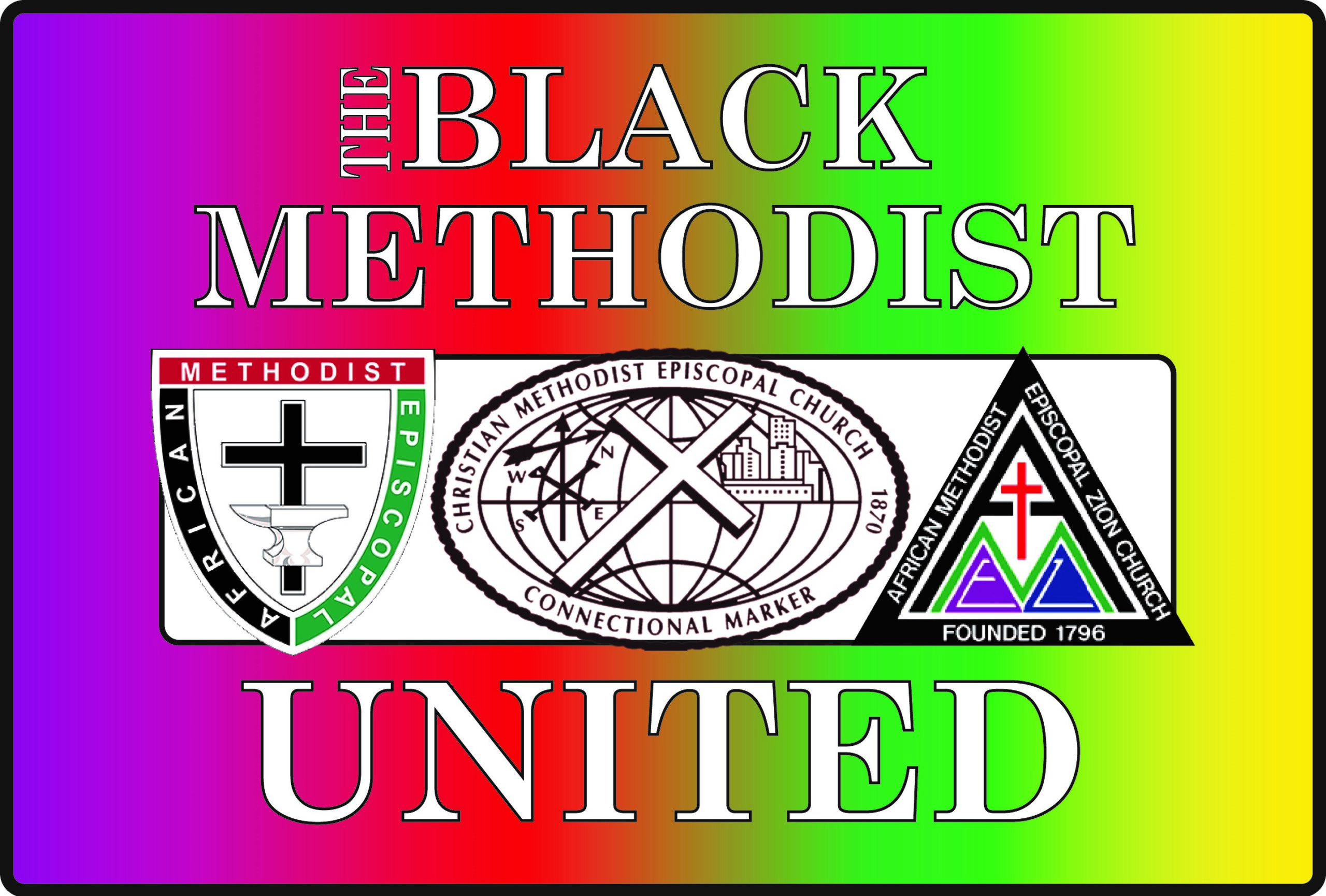The Proposed Plan of Action for Black Methodist United
By Quardricos Bernard Driskell, Columnist
I am Baptist pastor in Alexandria, Virginia and a federal lobbyist for a national medical professional association in Washington, DC. I lobby members of Congress, specifically those serving three congressional committees with jurisdiction over healthcare as well as the Congressional Black Caucus (CBC), given the various health disparities that exist among African Americans. Before my career in government relations, I worked on Capitol Hill for a US senator and the national committee of a political party.
I have 10 years of government relations experience and nine years in ministry. I note my biography because I believe firmly that I have the experience—as a former Hill staffer, full-time pastor, and lobbyist—to make this assertion: Black Methodist United needs an advocacy arm in the Washington, DC area.
Black Methodist United is a coalition of the three historically Black Methodist denominations in the country, namely the African Methodist Episcopal Church, the African Methodist Episcopal Zion Church, and the Christian Methodist Church. A recent meeting of Black Methodist United was convened October 4-5 in Washington, DC. I was invited as a columnist for The Christian Recorder. The meeting brought together the leadership of each episcopate body to discuss job creation, healthcare, and other issues pertinent to the Black community comprehensively and the episcopate specifically. On Tuesday, various representatives of the CBC, including Chairman Cedric Richmond (D-LA-2) and vice chair Karen Bass (D-CA-37), spoke to the group. Each echoed different aspects important to faith leaders and their congregants but focused on four key themes: coalition building; political action at federal, state and local levels; knowing what the issues are; and get-out-the-vote (GOTV) efforts.
Representative Bass asserted a dour and sobering perspective; citing that should the impeachment of Trump occur, the succession of Vice President Pence would be worse for Black Americans because he is ideological and operates through more conventional channels of power. However, both Reps. Emanuel Cleaver (D-MO-5) and Bass extolled that faith leaders need to know what is going on outside of the news media, drill down into the issues, and communicate them more effectively to their congregations. Representative G.K. Butterfield (D-NC-1), the former chairperson of the CBC, noted that the clergy can and need to get involved politically and properly can do so even as pastors. He observed “that you can use your church vans for GOTVs and can even invite candidates to your churches to discuss issues. It is only partisan politics that is against the law.”
Representative Richmond cited that Democrats must take back the majority in order to govern and that we all have a role to play. You cannot govern if you do not win.
The meeting on Tuesday afternoon was well received but it was noticeable to me that there was an absence of young adults in attendance, e.g., the Joshua or David generations. I trust the information shared over the conference percolate from the gathered hosts to their congregations and communities. Furthermore that a concrete collective step will be taken that Black Methodist United would consider moving to establish a permanent presence in Washington, advocating on behalf of its represented churches and the Black community as a whole. Dare I say, if even one person is initially hired into a full-time, paid position to work as the lobbyist and government relations official for Black Methodist United—collaborating with other religious and non-religious groups to better help sally forth policy discussions and outcomes and provide and communicate feedback to each body within Black Methodist United—then a major step forward would be realized. Currently, and sadly, there is no historical Black Christian denomination that has an advocacy presence in Washington. Conversely, the Evangelical Lutheran Church of America, the United Church of Christ, the United Methodist Church, the Presbyterian Church, the Disciples of Christ, the Quakers, and the American Friends Service Committee all have operational representatives. Yet more impressively in scope, the Episcopal Church has an entire staffed Office of Government Relations while several of the aforementioned denominations may operate with only one or two people.
Black Methodists need to be at the table both locally and nationally, not as individual groups, but united. As historically the Black Methodists represent the founding denominations of Blacks in America, the symbolism of such would bear its own prophetic power. Our lives and the lives of our children’s children depend on it. I pray that Black Methodist United grows organizationally and forms a robust advocacy presence with offices in the nation’s capital. From thence, may it spawn a network, coast-to-coast, of vigorous statewide chapters for advocacy. Some denominational advocacy sites include http://advocacy.episcopalchurch.org, https://www.elca.org/Our-Work/Publicly-Engaged-Church/Advocacy, http://www.ucc.org/justice, http://www.uua.org/justice-programs/advocacy/26878.shtml, https://www.presbyterianmission.org/what-we-do/advocacy-social-justice/, and http://www.umc.org/how-we-serve/advocating-for-justice.
The Rev. Quardricos Bernard Driskell, is a federal lobbyist, adjunct professor of religion and politics at The George Washington University Graduate School of Political Management, and pastor of the historic Beulah Baptist Church in Alexandria, Virginia. Follow him on Twitter @q_driskell4.





